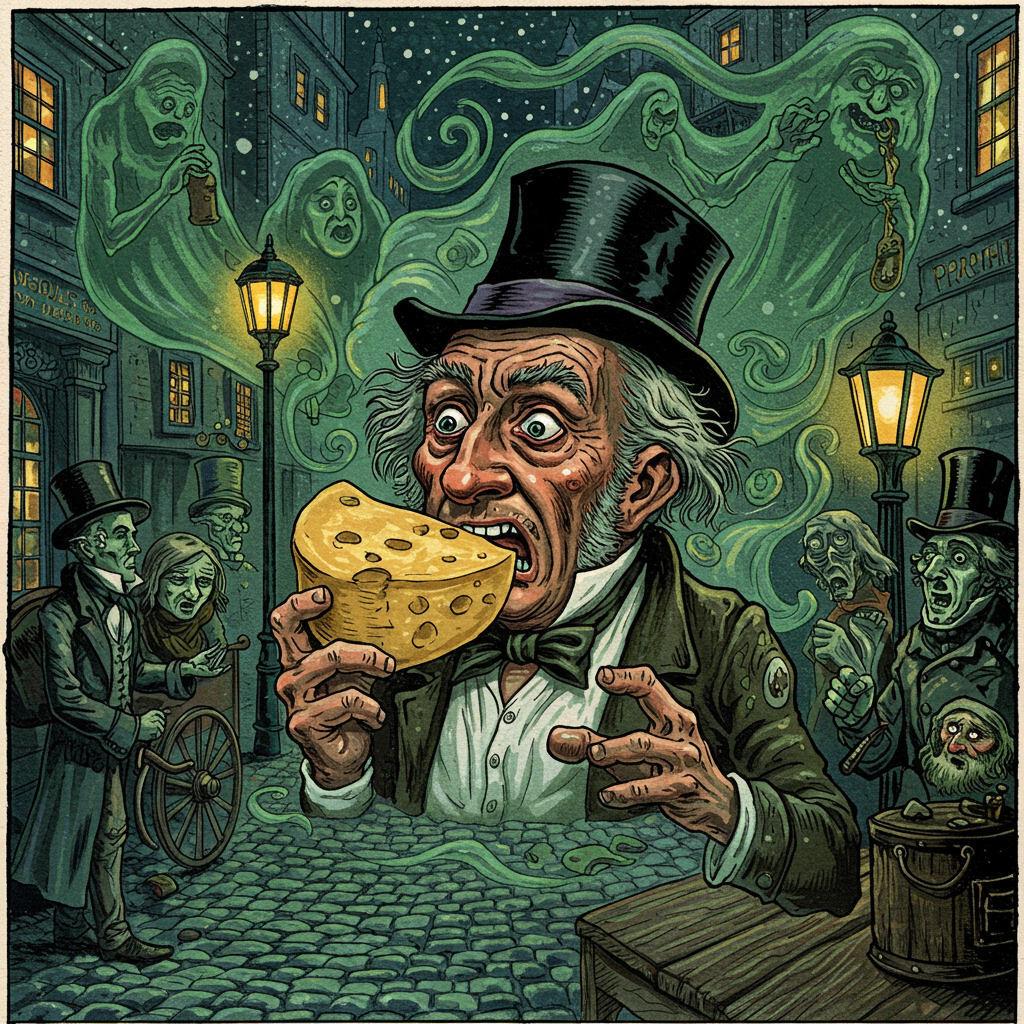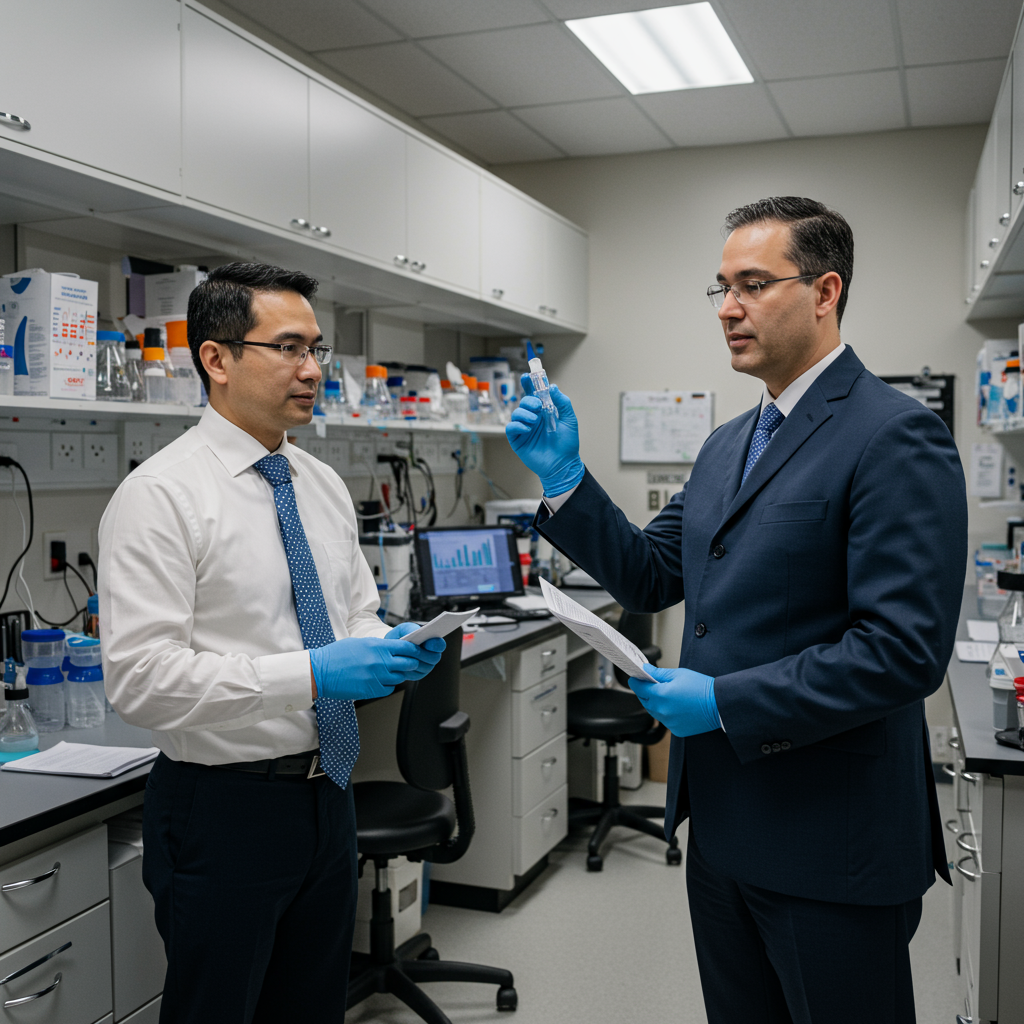For centuries, folklore and pop culture have linked late-night cheese consumption with vivid, often disturbing dreams. From Ebenezer Scrooge blaming his ghostly visions on “a crumb of cheese” in Dickens’ A Christmas Carol to comic strips depicting bizarre nightmares after feasting on Welsh rarebit, the idea is deeply ingrained. But is there any truth to this cheesy superstition? Can your midnight snack really haunt your sleep?
The question of whether food, specifically dairy, influences our dreams has long been debated. While anecdotal evidence is abundant, scientific research linking specific foods directly to nightmares has historically been scarce. However, recent studies are beginning to shed light on this intriguing connection, suggesting that the reality might be more nuanced than simply blaming cheese for every bad dream.
The Science Behind the Sleep and Food Connection
A study published in the journal Frontiers in Psychology set out to explore people’s perceptions of how their diet impacts their sleep and dreams. Researchers at MacEwan University surveyed over 1,000 undergraduate students, gathering data on their eating habits, food sensitivities (like lactose intolerance), and sleep quality, including their dream experiences.
The findings revealed a strong perceived link between food and sleep. Nearly half of the participants reported that certain foods either improved or worsened their sleep quality. While about 20% felt food improved their sleep, a larger proportion, nearly 25%, believed food negatively affected their rest. A notable 5.5% specifically reported that food influenced their dreams.
Among the foods most frequently blamed for disrupting sleep or causing bad dreams, sweets topped the list, cited by 31% of participants. Dairy products followed closely, with 22% attributing negative dream experiences to consuming them.
Why Might Dairy Be Different?
The study highlighted a statistically significant association specifically between experiencing nightmares and having lactose intolerance. For individuals who believed food negatively impacted their sleep, approximately 30% reported being lactose intolerant.
Researchers proposed a “food distress hypothesis” to explain this potential link. This theory suggests that the gastrointestinal discomfort associated with digesting certain foods, particularly for individuals with sensitivities like lactose intolerance, can disrupt sleep cycles. Symptoms such as bloating, gas, cramps, or indigestion experienced during the night could lead to more frequent awakenings or shifts in sleep stages, potentially triggering more vivid or disturbing dream content.
Consuming dairy, especially for someone with lactose intolerance, can indeed trigger these uncomfortable symptoms. The resulting physical distress could logically impact the quality and nature of sleep and, by extension, dreams.
Other Dietary Influences on Sleep and Dreams
Beyond dairy, the study found that participants who perceived food-dependent dreaming often reported more frequent and disturbing dreams overall. They also tended to ignore hunger cues, suggesting irregular eating patterns could play a role.
Another proposed mechanism, the “sleep effects hypothesis,” suggests that overall poor dietary habits, including eating late at night or consuming unhealthy foods regularly, can negatively impact sleep quality. Lower overall sleep quality, regardless of specific sensitivities, might contribute to a higher incidence of negative or intense dreams.
Conversely, the study also noted foods participants reported as improving their sleep. These included fruits and vegetables. Nearly 18% of regular fruit eaters and 12% of those consuming a lot of vegetables reported better sleep. Herbal teas were also linked to improved sleep by 13% of participants.
These findings reinforce the idea that diet and sleep are interconnected, with both specific food sensitivities and general eating patterns potentially playing a role in how well and how peacefully we rest.
Is It Just Food? Other Potential Causes of Nightmares
While food sensitivities and dietary habits might contribute to some people’s nightmares, it’s crucial to understand that bad dreams can stem from a wide variety of factors. Blaming cheese alone overlooks other significant physiological and psychological influences.
In fact, research indicates that frequent or severe nightmares can sometimes be a symptom or warning sign of underlying health conditions, completely unrelated to diet.
Here are a few examples highlighted in other studies:
Lupus: This autoimmune disease, where the body attacks its own tissues, has been linked to horrific nightmares (often involving themes of being attacked or trapped) that can sometimes appear even before a diagnosis or during flare-ups.
Sleep Apnoea: This common condition involves repeated pauses in breathing during sleep. Individuals with severe sleep apnoea symptoms frequently report unpleasant nightmares. Treating sleep apnoea with a CPAP mask has been shown to significantly reduce these bad dreams for many users.
Migraines: These intense headaches can sometimes be preceded by dreams, including those with negative themes.
Heart Problems: Studies have found an association between frequent bad dreams and a higher likelihood of experiencing irregular heartbeat (arrhythmia) or chest pain. Experts hypothesize this might be related to breathing difficulties during sleep affecting oxygen levels.
Parkinson’s Disease: People with this neurological disorder are much more likely to experience regular, distressing nightmares, often involving being chased or attacked, and may physically act out these dreams. Research suggests that frequent disturbing dreams could potentially be an early predictor for the disease, appearing years before motor symptoms manifest.
This broader context is important. While you might experiment with avoiding cheese before bed if you suspect a link, persistent or severe nightmares that disrupt your life should prompt a conversation with a healthcare professional to rule out other potential medical or psychological causes.
Psychological Factors and Beliefs
Beyond physiology, psychological factors and even deeply held beliefs about food can influence dreams. For instance, the concept of “meatmares” describes disturbing dreams experienced by vegetarians or vegans where they consume meat. Experts suggest this isn’t necessarily due to a physiological reaction to phantom meat but rather reflects psychological processing of social anxiety, guilt, or the cognitive dissonance associated with deviating from a societal norm around meat consumption.
This illustrates how our conscious beliefs and anxieties about food, separate from digestion, could potentially manifest in our subconscious during sleep. If you strongly believe cheese causes nightmares because you’ve heard the myth, this belief might even subtly influence your dream experiences.
What Does This Mean for Your Cheese Board?
So, can your cheese habit really cause nightmares? Based on the current scientific understanding, the answer is complex:
Direct Cause? Unlikely for Most: For the majority of people without sensitivities, a moderate amount of cheese is unlikely to be a direct, reliable cause of nightmares.
Potential Trigger for Some: If you have lactose intolerance or another sensitivity to dairy, the resulting gastrointestinal discomfort could potentially disrupt your sleep and lead to worse dreams. This is the most plausible biological mechanism identified so far.
Overall Diet Matters: General poor dietary habits and irregular eating patterns may negatively impact sleep quality, which in turn could lead to more vivid or unpleasant dreams.
Many Other Factors: Nightmares are complex phenomena influenced by stress, anxiety, medications, sleep disorders, underlying health conditions, and even genetics.
The study linking dairy to nightmares is a valuable step, offering some scientific backing to an old wives’ tale. However, it’s primarily based on perceived links and correlations, not controlled experiments proving causation. More research is needed to fully understand the intricate relationship between specific foods, digestion, sleep architecture, and dream content.
Taking Action: What You Can Do
If you regularly experience nightmares and suspect a link to food, here are some practical steps you can take:
- Keep a Sleep and Food Diary: For a couple of weeks, track everything you eat and drink, especially in the hours before bed. Also, note your sleep time, quality, and any dreams you remember. Look for patterns between specific foods (like cheese or dairy) consumed late in the day and the frequency or intensity of your nightmares.
- Experiment with Timing and Portion Size: If you identify a potential trigger food, try consuming it earlier in the day or reducing the portion size before bed.
- Address Food Sensitivities: If you suspect lactose intolerance or another food sensitivity, speak with a doctor or a registered dietitian. They can help you confirm sensitivities and develop strategies for managing them.
- Improve Overall Sleep Hygiene: Focus on consistent sleep schedules, creating a relaxing bedtime routine, ensuring a dark and quiet sleep environment, and avoiding caffeine or alcohol close to bedtime. Good sleep hygiene benefits everyone.
- Evaluate Your Diet: A balanced diet rich in fruits, vegetables, and whole grains supports overall health, including potentially better sleep quality.
- Consult a Healthcare Professional: If your nightmares are frequent, severe, causing distress, or accompanied by other concerning symptoms (like excessive daytime sleepiness, breathing difficulties during sleep, or unusual physical symptoms), seek medical advice. A doctor can help identify underlying causes and recommend appropriate treatment.
While the idea of cheese causing nightmares makes for a fun story, the reality is likely tied more to individual digestive sensitivities and overall health than the cheese itself possessing some dream-altering magic. By paying attention to your body, your diet, and your sleep habits, you can work towards more peaceful nights.
Frequently Asked Questions
What did the study find regarding cheese and nightmares?
The Frontiers in Psychology study surveyed over 1,000 students and found that a significant percentage perceived food as affecting their sleep or dreams. While sweets were most blamed, dairy was cited by 22% of participants as causing negative dream experiences. The study noted a significant link specifically between experiencing nightmares and having lactose intolerance, suggesting digestive discomfort might play a role.
Why might eating dairy cause bad dreams for some people?
Researchers propose the “food distress hypothesis,” suggesting that gastrointestinal symptoms from consuming dairy, particularly for those with lactose intolerance (like gas, bloating, or cramps), can disrupt sleep cycles. This disruption could lead to more frequent or intense dreams, including nightmares. It’s the body’s reaction to the food, not necessarily the food itself, that might be the trigger.
Should I stop eating cheese if I have nightmares?
While the study shows a correlation between dairy, lactose intolerance, and nightmares for some, it doesn’t prove cheese directly causes* nightmares for everyone. If you suspect a link, try keeping a food and dream diary, avoiding cheese or dairy close to bedtime, or reducing your intake. If you have symptoms of lactose intolerance or your nightmares are frequent and distressing, consult a doctor to rule out other potential causes and get personalized advice.




